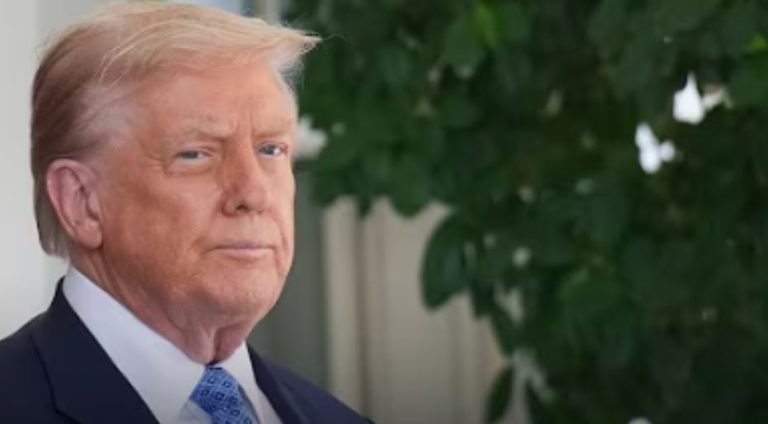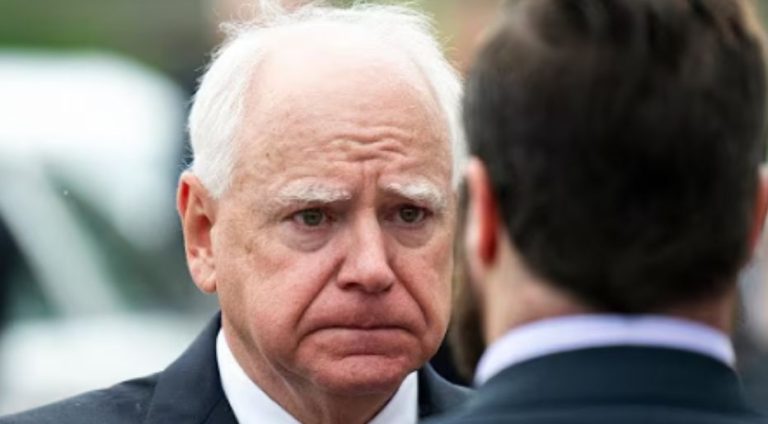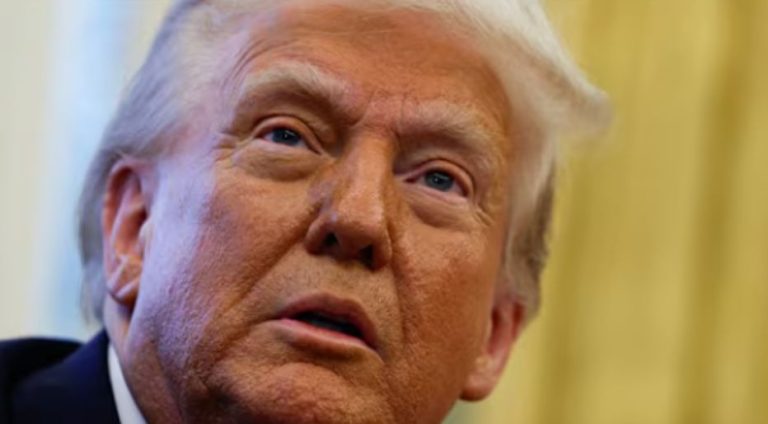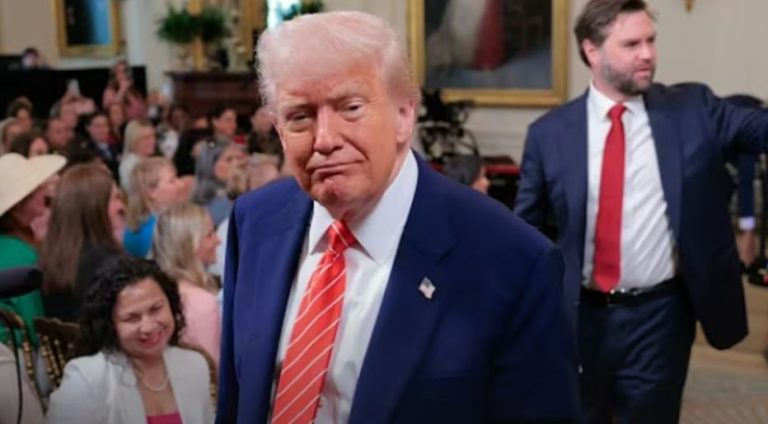Our servicemen and women deserve respect. Victimizing them for their beliefs crosses a line.
And now Republicans uncovered an insidious persecution within the US military.
White House Religious Liberty Commission Spotlights Military Faith Suppression
The White House Religious Liberty Commission convened its fourth hearing on December 10 in Dallas, delving into alarming accounts of religious freedom erosion within the U.S. military—a sacred cornerstone of American service that demands vigorous defense to honor those who safeguard our nation.
Chaired by Texas Lt. Gov. Dan Patrick and vice-chaired by Dr. Ben Carson, the commission—bolstered by luminaries like Rev. Franklin Graham, Ethics and Public Policy Center President Ryan Anderson, and Bishop Robert Barron—heard compelling testimonies from military chaplains and veterans, underscoring faith’s indispensable role in fostering resilient warriors and upholding constitutional rights.
Historical Backbone of Military Faith Under Siege Since 2009
Expert witnesses painted a vivid portrait of religious liberty’s proud legacy in the armed forces, rooted in George Washington’s 1775 plea to Congress for chaplains to nurture the spiritual fortitude of troops defending a fledgling republic.
Historian David Barton traced this thread through generations, noting how presidents from Washington onward championed faith as vital to military morale and national character—until a sharp pivot in 2009 under the Obama administration, which Barton described as the onset of “hostility” that intensified under Biden.
Barton detailed concrete erosions: In 2010, service members were ordered to “scratch off and paint over” longstanding Bible verses on weapon scopes; 2011 saw the Air Force halt chaplains’ biblical teachings on just war theory, drawing from St. Augustine; and 2012 forced the excision of “God” from an Air Force office patch.
He decried Democratic pushes to outsource chaplains—detaching them from troops—and replace faith-based education with “ardently secular” curricula intolerant of expression, breeding “fear and timidity” among spiritual leaders. Barton urged robust reforms: mandatory training on constitutional religious freedoms and the faith-forged history that has sustained America’s defenders.
Retired Army Maj. Gen. Doug Carver, a 33-year chaplain veteran, echoed these concerns, lamenting the demotion of chaplains from spiritual anchors to mere “readiness coaches” or “morale officers.”
Recalling 1970s practices like “duty days with God” for reflective prayer, he warned of a broader cultural drift: “We are losing ground in the area of religious liberty. There’s a degradation of the Supreme Being having any input into our lives.”
Carver called for repentance and renewal to reclaim chaplains’ primacy as religious guides—essential for troops navigating trauma, family strains, and moral battlefields—while affirming their vital secondary roles in crisis support.
Vaccine Mandates and Recruitment Woes: A National Security Imperative for Faith Protections
Marine veteran Mike Berry, now senior counsel at First Liberty Institute, delivered a poignant firsthand account of faith under fire, refusing the COVID-19 vaccine mandate on religious grounds only to face abrupt inactive status—discovered via his family’s sudden Tricare ineligibility.
Berry framed religious liberty not as abstract theory but as “a matter of national security,” revealing how the policy drove over 19,000 resignations or separations, gutting recruitment from faith-committed youth who disproportionately enlist to serve a higher calling.
“Religious conviction is the source of America’s moral strength,” Berry asserted, warning that unchecked suppression risks a “soft and weak” force as young believers turn away. His trio of recommendations—championed for President Trump’s review—prioritized faith as strategic bedrock: overhaul training (his own Marine onboarding allotted just one hour to constitutional liberties); purge “misguided” materials branding America as “evil, racist, imperialist, or fascist” while hostile to religion; and embed religious freedom as a “first freedom” in national security doctrine.
First Liberty CEO Kelly Shackelford, a commission member, affirmed in a post-hearing release: “The testimonies at today’s meeting highlight the importance of ensuring that the religious liberty of our servicemembers, chaplains, and veterans are upheld both now and into the future. These men and women are risking their very lives for our freedoms. To stand for theirs is the very least we can do.”











